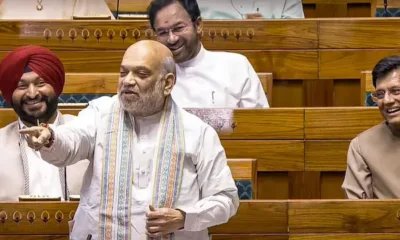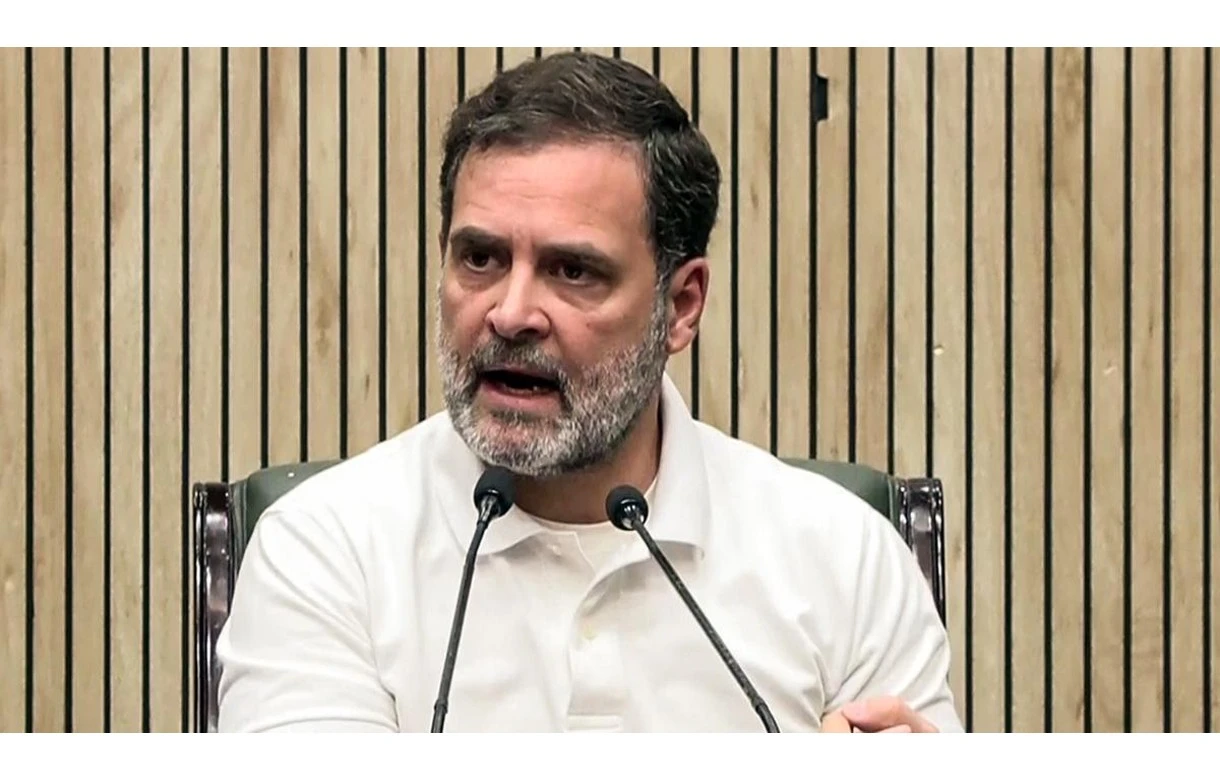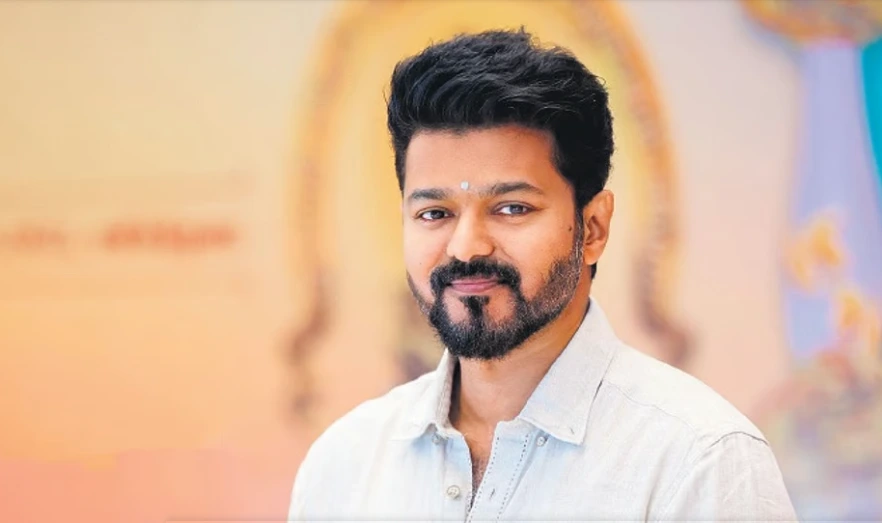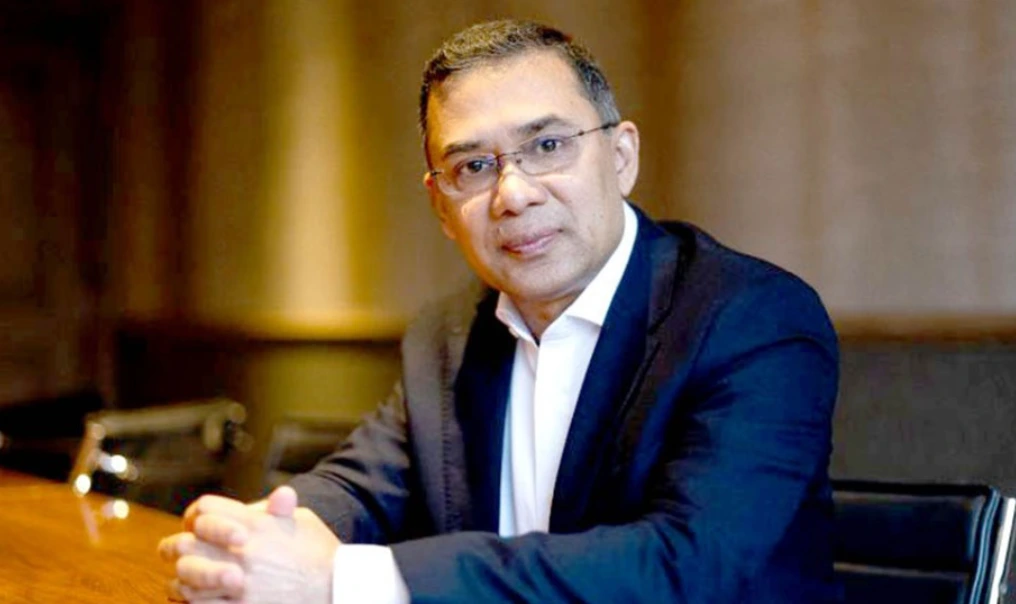Latest Politics News
Congress-JD(S) unholy alliance has subverted people’s mandate: Amit Shah

India News
Rahul Gandhi faces expulsion demand in Lok Sabha over trade deal remarks
BJP MP Nishikant Dubey has moved a notice seeking Rahul Gandhi’s expulsion from the Lok Sabha. Here is how the disqualification and expulsion process works.
India News
Vijay targets DMK over Rs 2,000 scheme, calls on voters to blow the whistle
Vijay accused the DMK of trying to influence voters through financial promises and urged people to back TVK in the upcoming Tamil Nadu elections.
Latest Politics News
Tarique Rahman-led BNP set for landslide win in Bangladesh elections
BNP led by Tarique Rahman has crossed the majority mark in Bangladesh’s national elections, with projections suggesting a two-thirds majority. Jamaat has conceded defeat.
-

 India News22 hours ago
India News22 hours agoRahul Gandhi faces expulsion demand in Lok Sabha over trade deal remarks
-

 India News22 hours ago
India News22 hours agoAmit Shah to visit India-Bangladesh border in Assam on February 21
-

 India News22 hours ago
India News22 hours agoVijay targets DMK over Rs 2,000 scheme, calls on voters to blow the whistle
-
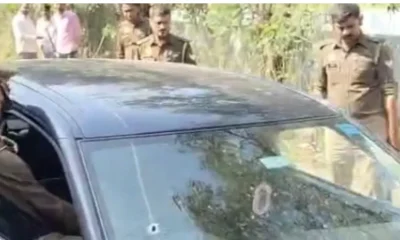
 India News19 hours ago
India News19 hours agoEx-shooter of Mukhtar Ansari gang shot dead in Barabanki, 15 rounds fired
-

 India News2 hours ago
India News2 hours agoRahul Gandhi meets farmers over India-US trade deal, BJP calls it stage-managed
-

 Lifestyle1 hour ago
Lifestyle1 hour agoValentine’s Day 2026: Wishes, messages and quotes to share with your loved one
-

 Latest world news48 mins ago
Latest world news48 mins agoFinland PM Petteri Orpo to attend India AI Impact Summit, meet PM Modi



